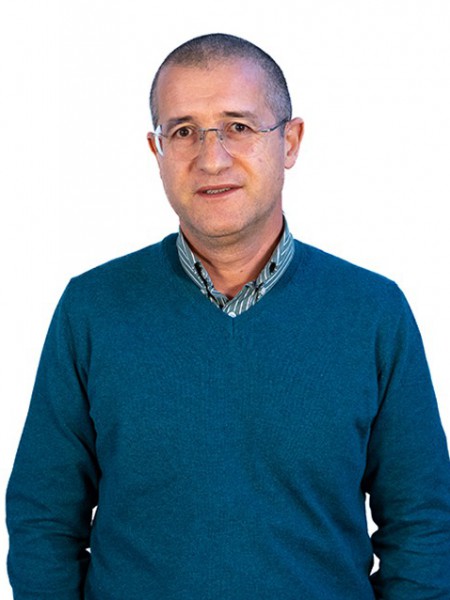resumo
The present study reports the fabrication of dissolvable microneedle (MN) patches using pullulan (PL), a watersoluble polysaccharide with excellent film-forming ability, for the transdermal administration of insulin, envisioning the non-invasive treatment of diabetes. PL MNs patches were successfully prepared by micromoulding and revealed good thermal stability (T-dmax = 294 degrees C) and mechanical properties (> 0.15 N needle(-1)), penetrating skin up to 381 mu m depth, as revealed by in vitro skin tests. After application into human abdominal skin in vitro, the MNs dissolved within 2 h releasing up to 87% of insulin. When stored at 4, 20 and 40 degrees C for 4 weeks, insulin was able to retain its secondary structure, as shown by circular dichroism spectropolarimetry. The prepared PL MNs were non-cytotoxic towards human keratinocytes, being suitable for skin application. These findings suggest that PL MNs have potential to deliver insulin transdermally, thus avoiding its subcutaneous administration.
palavras-chave
POLYMER MICRONEEDLES; DELIVERY; NANOPARTICLES; FABRICATION; CELLULOSE; ALGINATE; RELEASE; FILMS; ACID
categoria
Chemistry; Polymer Science
autores
Fonseca, DFS; Costa, PC; Almeida, IF; Dias-Pereira, P; Correia-Sa, I; Bastos, V; Oliveira, H; Duarte-Araujo, M; Morato, M; Vilela, C; Silvestre, AJD; Freire, CSR
nossos autores
agradecimentos
This work was developed within the scope of the projects CICECO Aveiro Institute of Materials (UIDB/50011/2020 & UIDP/50011/2020) and CESAM (UIDB/50017/2020 & UIDP/50017/2020), financed by national funds through the Portuguese Foundation for Science and Technology (FCT)/MCTES. FCT is also acknowledged for the doctoral grant to D.F.S. Fonseca (PD/BD/115621/2016), and the research contracts under Stimulus of Scientific Employment to H. Oliveira (CEECIND/04050/2017), C. Vilela (CEECIND/00263/2018) and C.S.R. Freire (CEECIND/00464/2017). The research contract of V. Bastos (CDL-CTTRI-161-ARH/2018) is funded by the FCT project (POCI-010145-FEDER-031794). This work was also supported by the Applied Molecular Biosciences Unit-UCIBIO, which is financed by national funds from FCT/MCTES (UID/Multi/04378/2019).






